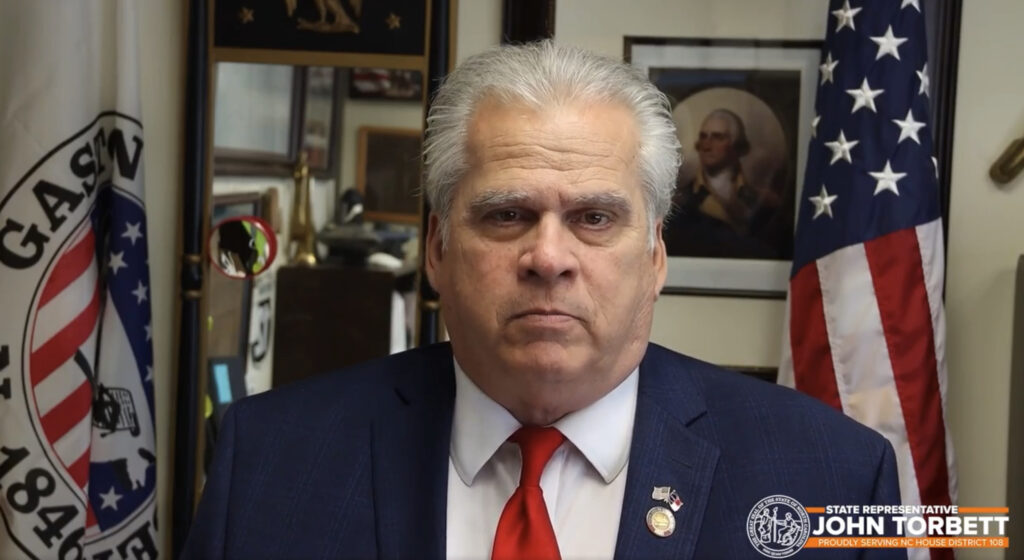Bill for educators’ sexual misconduct: If you know, you must tell
(The Center Square) – Legislation to crack down on educators who sexually abuse students cleared its first hurdle in the Senate on Wednesday, the first stop since House approval in…

(The Center Square) – Legislation to crack down on educators who sexually abuse students cleared its first hurdle in the Senate on Wednesday, the first stop since House approval in March.
Members of the Judiciary Committee approved House Bill 142 without objection Wednesday afternoon, sending the legislation to the upper chamber’s Education Committee for further review.
HB142, sponsored by Rep. John Torbett, R-Gaston, was approved by the House on March 29 with a vote of 112-0.
The bill comes at the request of North Carolina Superintendent of Public Instruction Catherine Truitt, who told the Judiciary Committee that reviewing license revocations for educator sexual misconduct is the least desirable aspect of her job.
Truitt said the state revokes about 20 teacher licenses per year for sexual misconduct in schools for a wide variety of offenses. She noted that the cases involve nearly equal numbers of men and women.
“That 20 per year does not include non-licensed teachers over which I have no purview,” she said, adding that the total number of school employees involved is roughly double.
“We currently have 50 school personnel who are … facing charges, under investigation or have charges pending for sexual misconduct,” Truitt said.
The superintendent said accused educators are sometimes suspended with pay, or are permitted to resign and move to another district to avoid accountability. Truitt also highlighted instances of teachers engaging in sexual relationships with students months after graduation.
“One violation is too many, and where there are gaps we need to close those gaps,” she said.
HB142 would increase the penalty for a sexual act or indecent liberties against a student by any school personnel from a Class I to a Class G felony, which carries a prison term of up to two years, seven months. Only sexual acts by school personnel more than four years older than the victim face a Class G felony, while those within four years of age or those who take indecent liberties face a Class I felony.
The legislation would further require administrators to report terminations or resignations to the State Board of Education within five days, with failure to do so a Class I felony, which comes with up to a year in prison.
“If you know, you must tell,” Truitt said.
Other aspects of the bill require age-appropriate videos on child abuse and neglect from the Center for Safer Schools to be shown to students in grades 6-12 within the first five days of each school year, beginning in the 2024-25 school year.
A final section of the bill that came at the request of state Treasurer Dale Folwell, a Republican candidate for governor, would preclude school personnel convicted of sexual offenses against students from participating in the state pension plan.
“Never did I think I’d stand in front of you all to present one of these bills,” Torbett told the Senate committee, stressing educators involved represent a small fraction of the state’s overall teaching force. “We have to stand on behalf of children who are being affected by this.”



